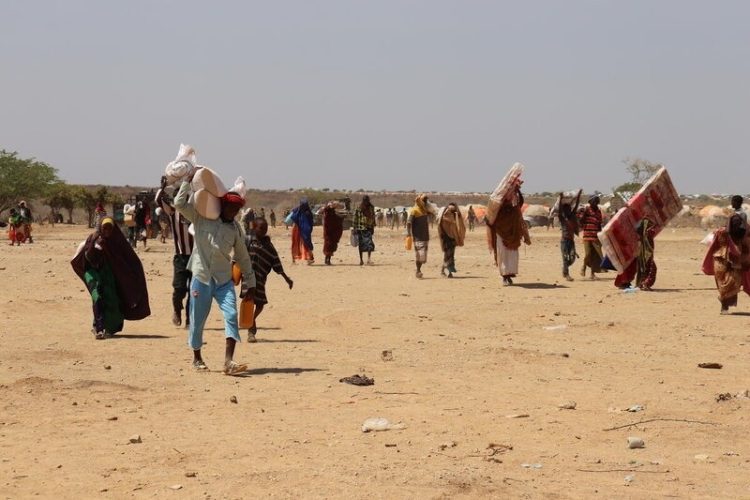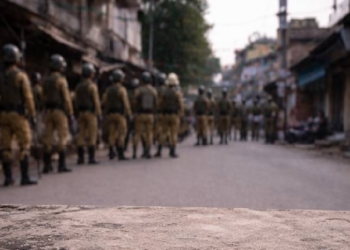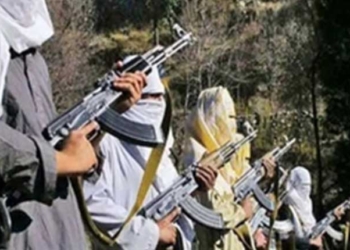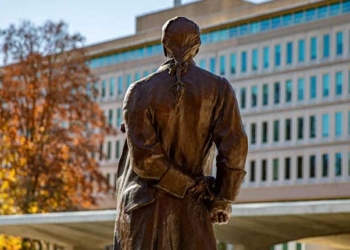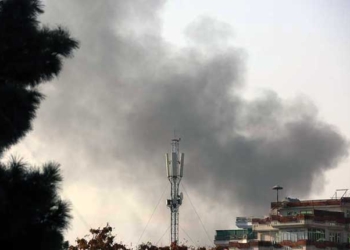Mogadishu: Humanitarian agencies have rolled out a new decentralized coordination structure to improve humanitarian response across Somalia following severe reductions in donor funding, the UN relief agency said on Monday.
The UN Office for the Coordination of Humanitarian Affairs (OCHA) said humanitarian agencies have scaled back operations to match dwindling funding.
“The reductions in donor funding have forced humanitarian agencies in Somalia to scale back or even close critical interventions, thereby drastically reducing life-saving programs and putting millions of lives at risk,” OCHA said in its humanitarian report released in Mogadishu, the capital of Somalia.
The UN agency said the reductions in donor funding have forced humanitarian agencies to reprioritize the 2025 response plan.
Early this year, the United States initiated a freeze on foreign aid, including US Agency for International Development (USAID) programmes. OCHA said the revised response targets 1.3 million people, down 72 per cent from 4.6 million initially targeted for 2025, and will cost 367 million US dollars, a 74 per cent reduction from the 1.4 billion dollars initially requested.
“If additional funding becomes available, responses will be expanded to cover all identified people targeted, as originally planned,” OCHA said, noting that as of April 30, the Somalia 2025 Humanitarian Needs and Response Plan is only 11 percent funded, Xinhua news agency reported. “Reprioritization does not mean that overall humanitarian needs and requirements have reduced across the country. All needs and responses identified in the 2025 Humanitarian Needs and Response Plan remain valid and urgent,” OCHA said.
According to the UN agency, Somalia is currently experiencing an unprecedented humanitarian crisis due to prolonged dry conditions, conflict, weak government institutions, and displacement exacerbated by recurrent climatic shocks and poor infrastructure.
“Low-income communities, IDPs (internally displaced persons) and marginalized groups bear the brunt of these challenges. The already dire situation has been worsened by severe funding cuts that have paralysed the responses of aid agencies at various levels,” OCHA said.
It said food assistance has drastically reduced, health facilities are closing, and water and sanitation services are declining.
“Due to the drastic scale back of lifesaving services, over two million Somalis are projected to face increased vulnerability this year,” OCHA said.
(IANS)




